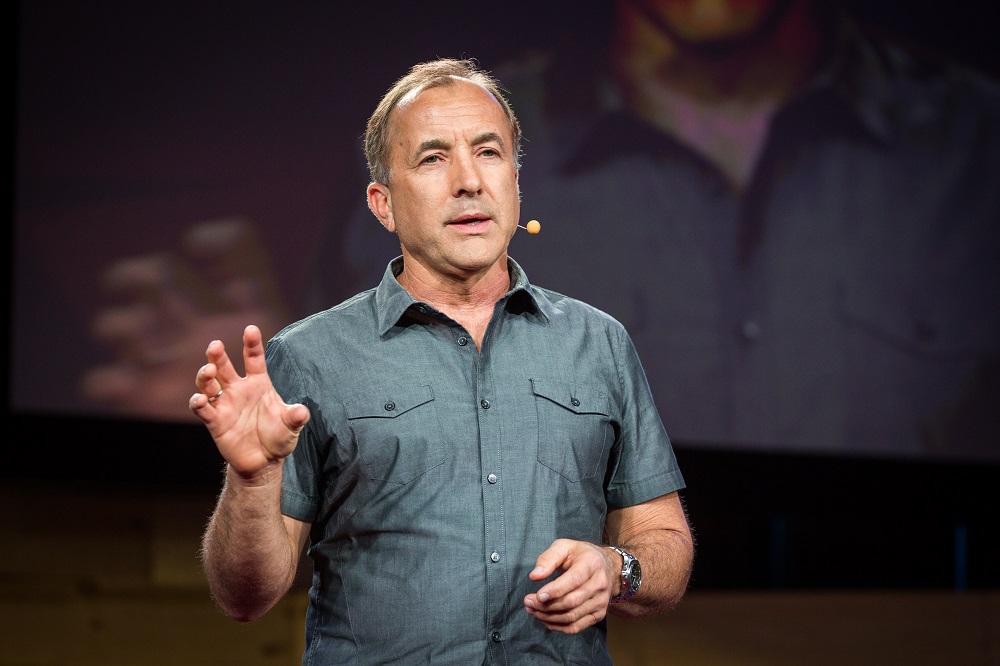
Interview with Dr. Michael Shermer on Religion, Afterlife, Skepticism, Politics & the future of Humanity
In this interview with Dr. Michael Shermer, bestselling author & the founding publisher of Skeptic Magazine, we talk about religion, afterlife and science. In addition we examine skepticisim – the role it should play for an individual, the limits to it and why it is vital for society. Lastly we discuss why the left is reluctant to constructively criticize religion, why science educators avoid linking the development of critical thinking with economics and the future of humanity.
Click here or on the picture below:
 Dr. Michael Shermer is the Founding Publisher of Skeptic magazine, a monthly columnist for Scientific American, and a Presidential Fellow at Chapman University where he teaches Skepticism 101. He is the author of New York Times bestsellers Why People Believe Weird Things and The Believing Brain, Why Darwin Matters, The Science of Good and Evil, and The Moral Arc. His new book is Heavens on Earth: The Scientific Search for the Afterlife, Immortality & Utopia.
Dr. Michael Shermer is the Founding Publisher of Skeptic magazine, a monthly columnist for Scientific American, and a Presidential Fellow at Chapman University where he teaches Skepticism 101. He is the author of New York Times bestsellers Why People Believe Weird Things and The Believing Brain, Why Darwin Matters, The Science of Good and Evil, and The Moral Arc. His new book is Heavens on Earth: The Scientific Search for the Afterlife, Immortality & Utopia.
Michael regularly contributes opinion editorials, essays, and reviews to: the Wall Street Journal, the Los Angeles Times, Science, Nature, and other publications. He appeared on such shows as The Colbert Report, 20/20, Dateline, Charlie Rose, Oprah, and Larry King Live (but, proudly, never Jerry Springer!). He has been interviewed in countless documentaries aired on PBS, A&E, Discovery, The History Channel, The Science Channel, and The Learning Channel. Dr. Shermer was the co-host and co-producer of the 13-hour Family Channel television series, Exploring the Unknown. His two TED talks, seen by millions, were voted in the top 100.
Dr. Shermer received his B.A. in psychology from Pepperdine University, M.A. in experimental psychology from California State University, Fullerton, and his Ph.D. in the history of science from Claremont Graduate University. He has been a college professor since 1979, also teaching at Occidental College, Glendale College, and Claremont Graduate University, where he taught a transdisciplinary course for Ph.D. students on Evolution, Economics, and the Brain.
CITATION FOR IMAGES:
Schreibe einen Kommentar